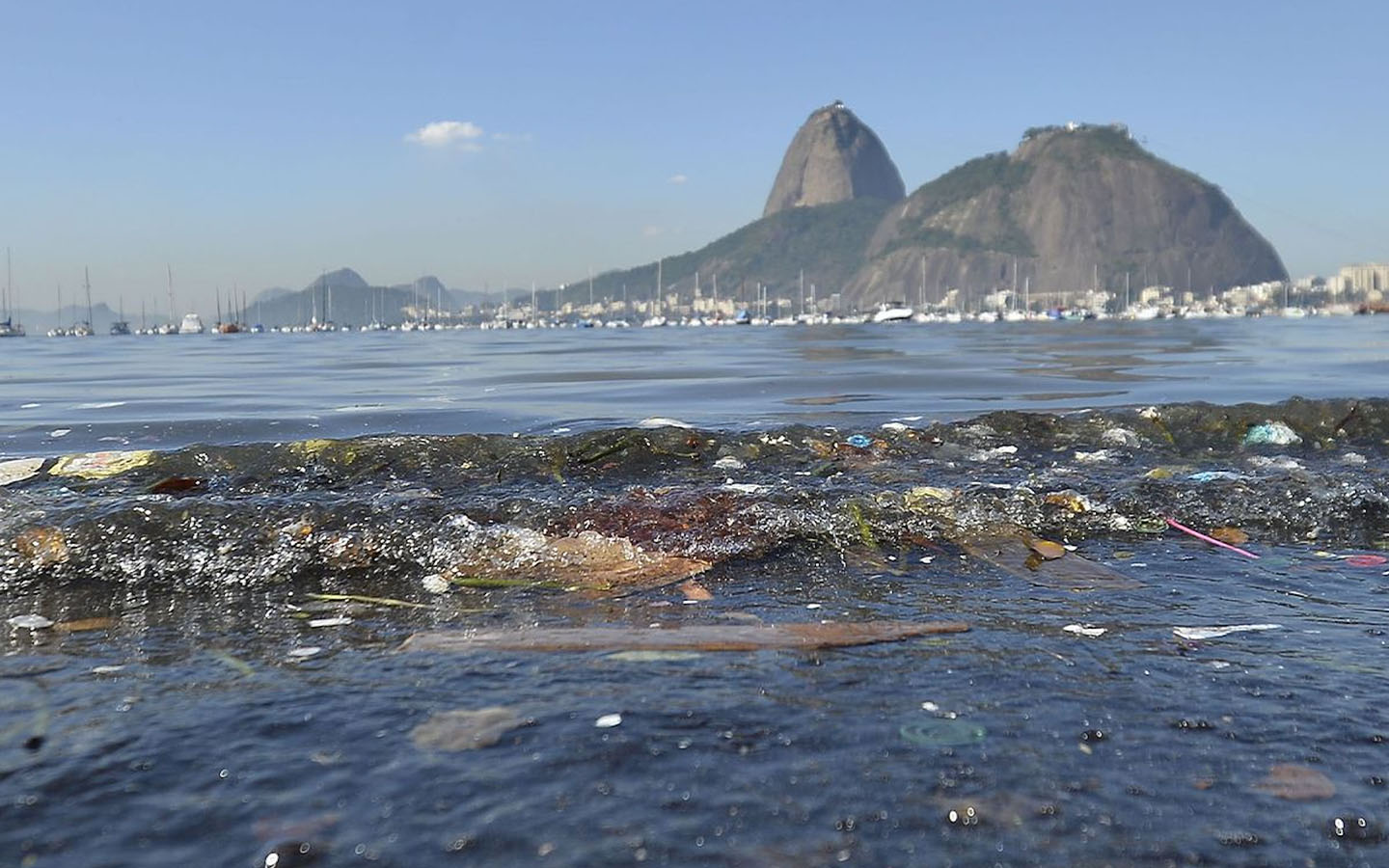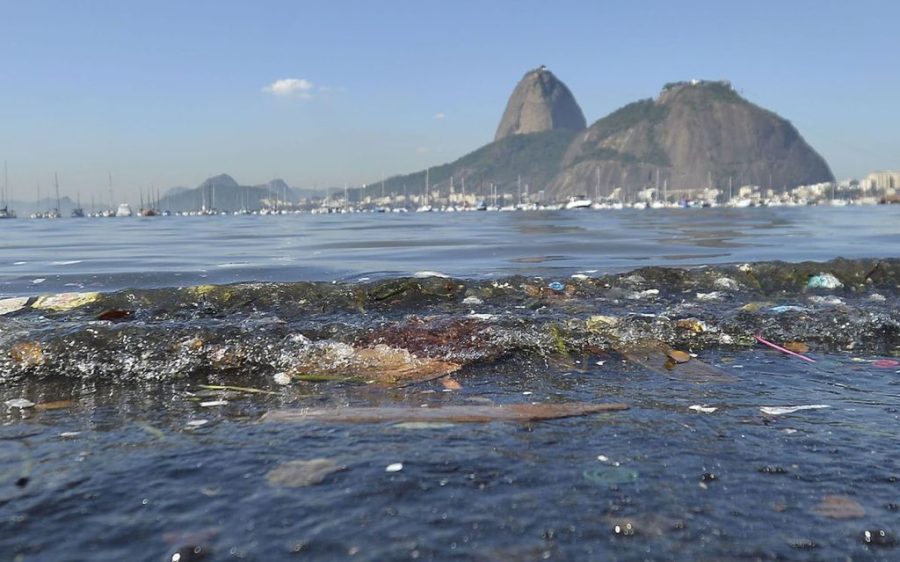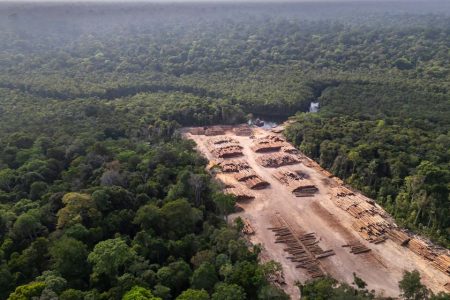Brazil is the worst country in Latin America in terms of ocean plastic pollution, dumping 1.3 million tons of plastic annually according to a new report by Brazilian NGO Oceana.
Brazil accounts for 8 percent of plastic pollution in the world’s oceans – the eighth highest globally – despite having just 2.6 percent of the global population. Researchers from Oceana found plastic in 200 marine species, 85 percent of which are at risk of extinction, exacerbated by malnutrition or reduced immunity associated with exposure to chemical compounds in plastic.
They also used databases from the Beach Monitoring Projects for the Santos and Campos basins, which analysed the stomach contents of 12,880 birds, reptiles and marine mammals. Of the 99 species in that study, 49 had ingested plastics. Turtles proved the most contaminated species, with plastic present in over 82 percent of samples.
[See more: Sea turtles are returning en masse to nest in Cabo Verde]
Sea turtles are a keystone species, fundamental to healthy seagrass beds and coral reefs, which are home to a quarter of all marine life and among the most biodiverse ecosystems in the world. All five species of sea turtle that nest along the Brazilian coasts showed signs of plastic ingestion. Researchers found that the ingestion rate among green turtles, for example, is 70 percent, with some regions seeing a rate of 100 percent.
Streams proved just as hazardous with plastics or microplastics found in the digestive systems and gills of 98 percent of the 14 Amazonian fish species studied. Molluscs such as oysters and mussels also showed signs of contamination, raising the likelihood that people consuming these common food sources are at increased risk of plastic contamination. Studies have shown ingesting plastic may increase risk of heart disease and stroke, impair memory loss and learning, and disrupt the endocrine system, which is key to regulating many biological processes.
By highlighting this threat to marine ecosystems and human health, Oceana hopes to spur a new approach to plastic waste in Brazil. According to the organisation’s 2022 report, 44 percent of plastics produced in Brazil are single-use and plastic packaging accounts for a staggering 87 percent of the 6.67 billion tons of waste produced in the country. Oceana recommends new laws regulating single-use plastics, a reduction in the amount of single-use plastic, the offering of plastic-free options, and the declaration of plastic-free zones. Without such dramatic change, Oceana warns, Brazil faces a tripling of plastic waste in its waters in the next 20 years.






